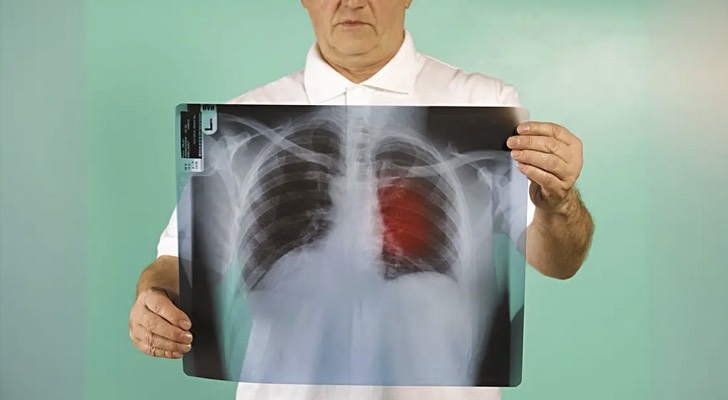Lung cancer is one of the leading causes of cancer-related deaths worldwide, yet many people remain unaware of its subtle and often overlooked symptoms. Detecting lung cancer early can make a significant difference in treatment outcomes, but this requires understanding the signs that may initially seem unrelated to the disease. This article explores the less obvious symptoms of lung cancer to help increase awareness and encourage timely medical evaluation.
The Silent Nature of Lung Cancer
Lung cancer often develops quietly, with symptoms that may not appear until the disease has progressed. This stealthy progression is one reason why early detection is challenging. However, understanding the subtle signs can help you act promptly.
10 Uncommon and Overlooked Symptoms
Here are some symptoms of lung cancer that people frequently overlook:
1. Persistent Cough: While a chronic cough is a well-known symptom, its persistence is often attributed to common conditions like allergies or a cold. If a cough lingers for more than a few weeks, especially without a clear cause, it warrants medical attention.
2. Shortness of Breath: Mild breathlessness during routine activities might be dismissed as aging or lack of fitness. However, unexplained shortness of breath could indicate lung cancer or other serious respiratory issues.
3. Fatigue: Cancer-related fatigue is often more profound and long-lasting than typical tiredness. If you feel persistently exhausted despite adequate rest, it’s worth discussing with your doctor.
4. Chest or Shoulder Pain: Lung cancer can cause pain in the chest, back, or shoulders, even without a cough. This pain is often mistaken for muscle strain or other non-cancerous conditions.
5. Hoarseness: A raspy or hoarse voice lasting more than two weeks could signal lung cancer if it’s caused by pressure on the nerves controlling the vocal cords.
6. Unexplained Weight Loss: Losing weight without trying is a classic warning sign of many cancers, including lung cancer. This symptom often occurs as the cancer affects metabolism or appetite.
7. Recurrent Infections: Frequent respiratory infections like bronchitis or pneumonia can sometimes be linked to lung cancer, as tumors may obstruct airways and lead to infections.
8. Changes in Fingernails: Clubbing, or the thickening and rounding of fingernails, is a rare but notable sign of lung cancer. It occurs due to reduced oxygen levels in the blood.
9. Swelling in the Face or Neck: Tumors can block major blood vessels in the chest, leading to swelling in the face, neck, or arms. This symptom, though less common, should not be ignored.
10. Persistent Itchy Skin or Rashes: Some types of lung cancer may produce hormones or proteins that cause skin changes, including persistent itching or unusual rashes.
Who Is at Risk?
Lung cancer can affect anyone, but certain factors increase the risk:
- Smoking: The leading cause of lung cancer, responsible for about 85% of cases.
- Secondhand Smoke: Prolonged exposure can significantly elevate risk.
- Environmental Factors: Exposure to asbestos, radon gas, or air pollution.
- Family History: A genetic predisposition to lung cancer.
- Age: Most cases are diagnosed in people over 65.
When to Seek Medical Advice
If you experience any of these symptoms, particularly in combination or for an extended period, consult a healthcare provider. Early diagnosis through screenings such as low-dose CT scans can identify lung cancer at a more treatable stage.
Preventive Measures
While some risk factors like family history cannot be controlled, others can be mitigated:
- Quit smoking and avoid secondhand smoke.
- Test your home for radon and reduce exposure to environmental toxins.
- Maintain a healthy lifestyle with regular exercise and a balanced diet.
Conclusion
Awareness of the subtle symptoms of lung cancer can save lives. By recognizing these signs and seeking medical attention early, you improve the chances of effective treatment. Remember, when it comes to cancer, time is of the essence. If you or someone you know exhibits these symptoms, don’t wait – reach out to a healthcare professional today.
 © Copyright 2024 Shirabe-ru | Terms | Privacy Policy | Contact Us
© Copyright 2024 Shirabe-ru | Terms | Privacy Policy | Contact Us



